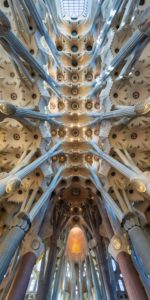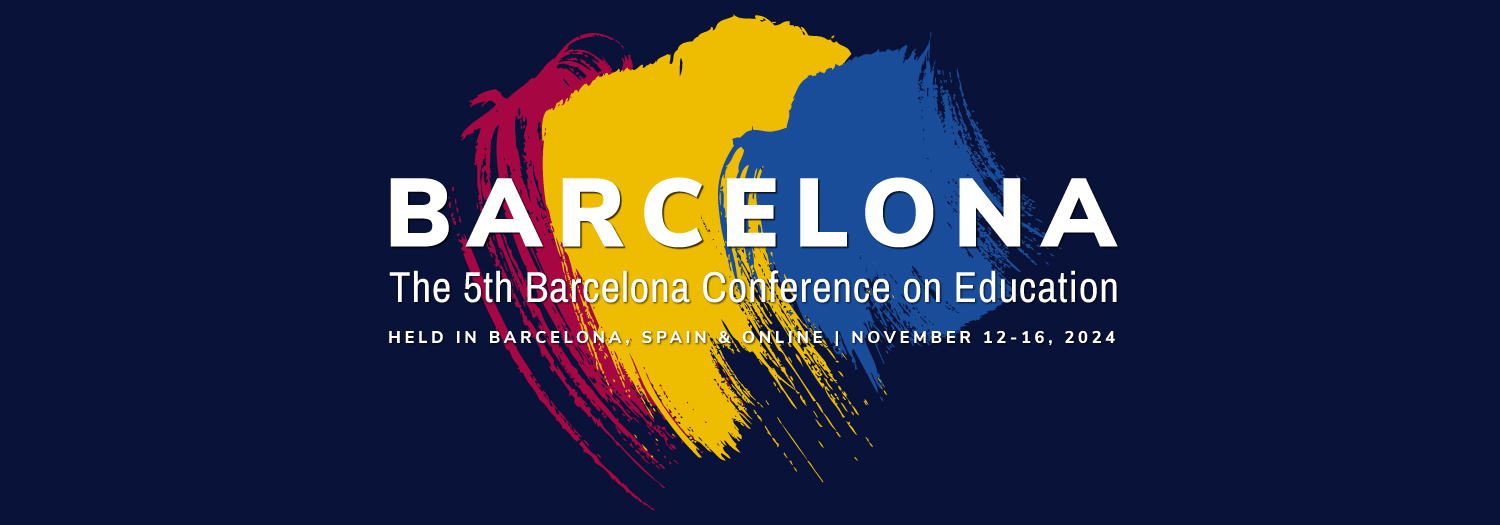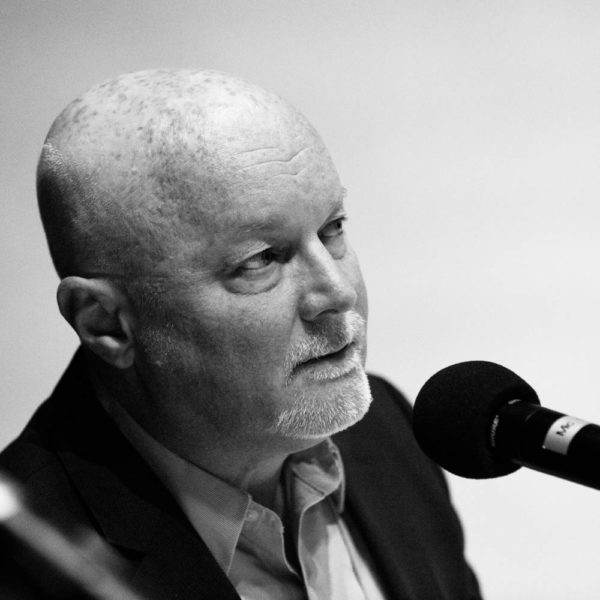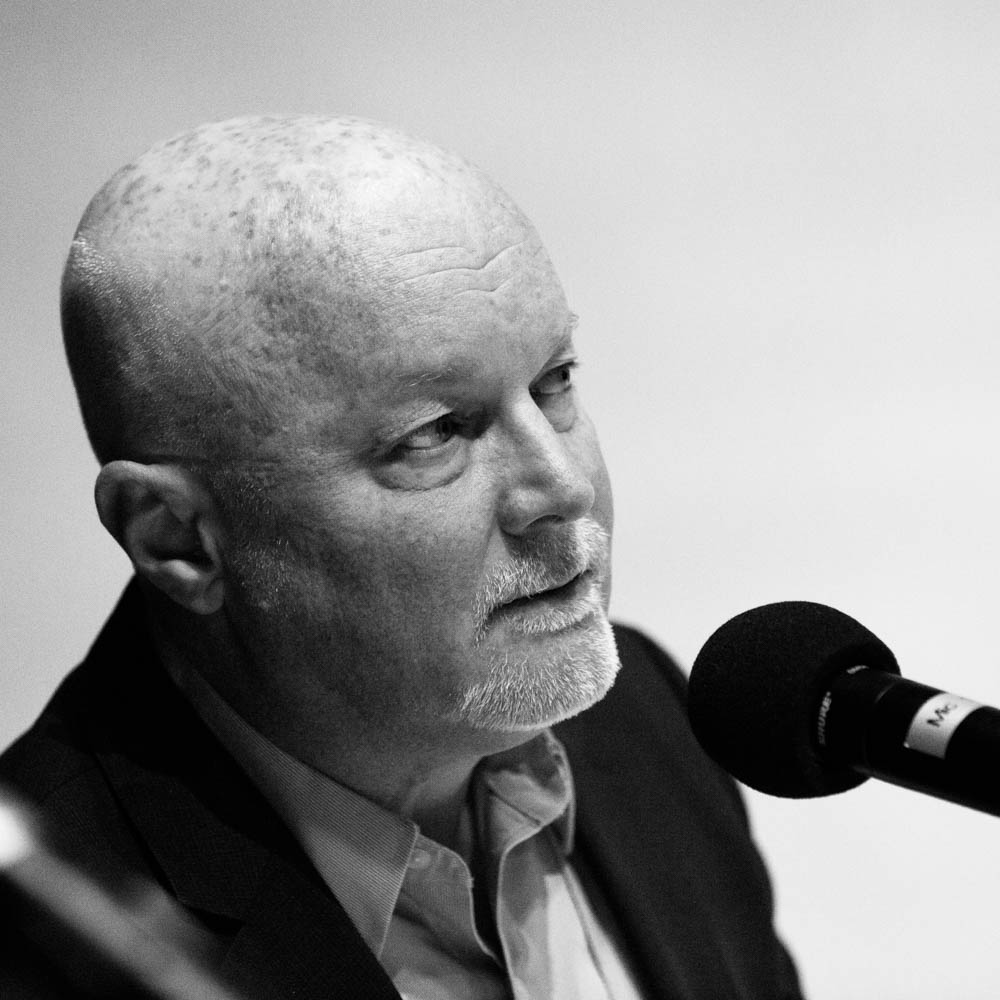Join us in Barcelona for BCE2024!
13-16 November, 2024 | Held in Barcelona, Spain (and online)
 Welcome to The 4th Barcelona Conference on Education (BCE2024), held in partnership with the IAFOR Research Centre at the Osaka School of International Public Policy (OSIPP) at Osaka University, Japan.
Welcome to The 4th Barcelona Conference on Education (BCE2024), held in partnership with the IAFOR Research Centre at the Osaka School of International Public Policy (OSIPP) at Osaka University, Japan.
For those of you who were fortunate enough to attend an IAFOR conference before COVID appeared from over the horizon, you will remember the calibre of research presented, the thrill of listening to engaging keynotes, discussions with respected plenary speakers, and socialising with like-minded scholars from across the globe. The opportunity to not only meet with old friends from previous IAFOR conferences, but also to introduce new minds into your intellectual network.
 So what about conferences under the “new normal” COVID restrictions in effect across the world? IAFOR saw very quickly that the online and hybrid conferences were the only way to keep the heart of the academic community beating, and adapted their activities to suit this rare situation with finesse. Of course, nothing can substitute the dynamism of in-person conferences, but the IAFOR online experience not only maintains the superb quality one expects of an IAFOR conference, it surpasses, by taking advantage of innovative and exciting and new formats that could only have been envisioned in the wake of a global crisis. How about a face-to-face conversation between two experts, writers, filmmakers, from countries thousands of miles apart? Experts who otherwise would have been unable to meet due to geographical or political adversities– a magnificent opportunity indeed.
So what about conferences under the “new normal” COVID restrictions in effect across the world? IAFOR saw very quickly that the online and hybrid conferences were the only way to keep the heart of the academic community beating, and adapted their activities to suit this rare situation with finesse. Of course, nothing can substitute the dynamism of in-person conferences, but the IAFOR online experience not only maintains the superb quality one expects of an IAFOR conference, it surpasses, by taking advantage of innovative and exciting and new formats that could only have been envisioned in the wake of a global crisis. How about a face-to-face conversation between two experts, writers, filmmakers, from countries thousands of miles apart? Experts who otherwise would have been unable to meet due to geographical or political adversities– a magnificent opportunity indeed.
 There are more reasons than ever before to join BCE and BAMC in Barcelona. The era of the online and hybrid conference is strange and unfamiliar, but also revolutionary and liberating, opening doors and allowing its speakers’ words to be heard across the world.
There are more reasons than ever before to join BCE and BAMC in Barcelona. The era of the online and hybrid conference is strange and unfamiliar, but also revolutionary and liberating, opening doors and allowing its speakers’ words to be heard across the world.
The Barcelona Conference on Education (BCE2024) will be held alongside The Barcelona Conference on Arts, Media & Culture (BAMC2024), and many of the sessions will concentrate on areas at the intersection of education and the arts and humanities. In keeping with IAFOR’s commitment to interdisciplinary study, delegates at either conference are encouraged to attend sessions in other disciplines. Registration for either conference will allow delegates to attend sessions in the other. We expect the resultant professional and personal collaborations to endure for many years, and we look forward to seeing you in Barcelona and online!
– The BCE2024 Conference Committee
IAFOR Journal of Education (Scopus Indexed Journal)
 This conference is associated with the Scopus and DOAJ listed IAFOR Journal of Education.
This conference is associated with the Scopus and DOAJ listed IAFOR Journal of Education.
- Venue & Location: Held in Barcelona, Spain (and online)
- Dates: Tuesday, November 12, 2024 to Saturday, November 16, 2024
- Early Bird Abstract Submission Deadline: June 14, 2024*
- Final Abstract Submission Deadline: August 16, 2024
- Registration Deadline for Presenters: September 20, 2024
*Submit early to take advantage of the discounted registration rates. Learn more about our registration options.
Conference Committees
International Advisory Board
Dr Joseph Haldane, Chairman and CEO, IAFOR
His Excellency Professor Toshiya Hoshino, Osaka University, Japan
Professor Barbara Lockee, Virginia Tech., United States
Professor Donald E. Hall, Binghamton University, United States
Dr James W. McNally, University of Michigan, United States & NACDA Program on Aging
Professor Haruko Satoh, Osaka University, Japan
Dr Grant Black, Chuo University, Japan
Professor Dexter Da Silva, Keisen University, Japan
Professor Gary Swanson, University of Northern Colorado, United States
Professor Baden Offord, Curtin University, Australia
Professor Frank Ravitch, Michigan State University, United States
Professor William Baber, Kyoto University, Japan
Conference Programme Committee
Conference Co-Chairs
Dr Joseph Haldane, The International Academic Forum (IAFOR), Japan
Professor Sue Ballyn, University of Barcelona, Spain
Review Committee
The BCE2024 Review Committee is now accepting submissions.
IAFOR's peer review process, which involves both reciprocal review and the use of Review Committees, is overseen by conference Organising Committee members under the guidance of the Academic Governing Board. Review Committee members are established academics who hold PhDs or other terminal degrees in their fields and who have previous peer review experience.
If you would like to apply to serve on the BCE2023 Review Committee, please visit our application page.





You must be logged in to post a comment.